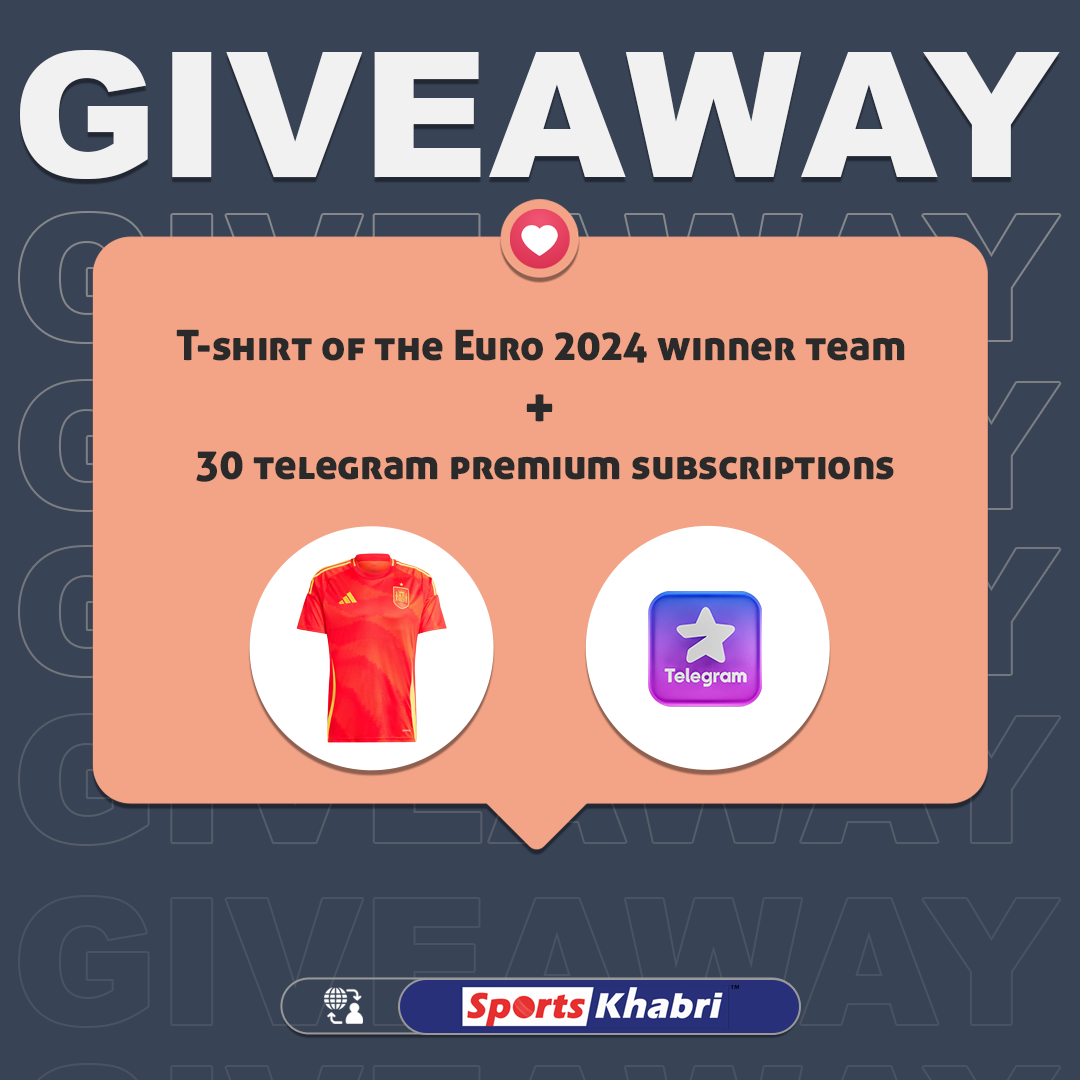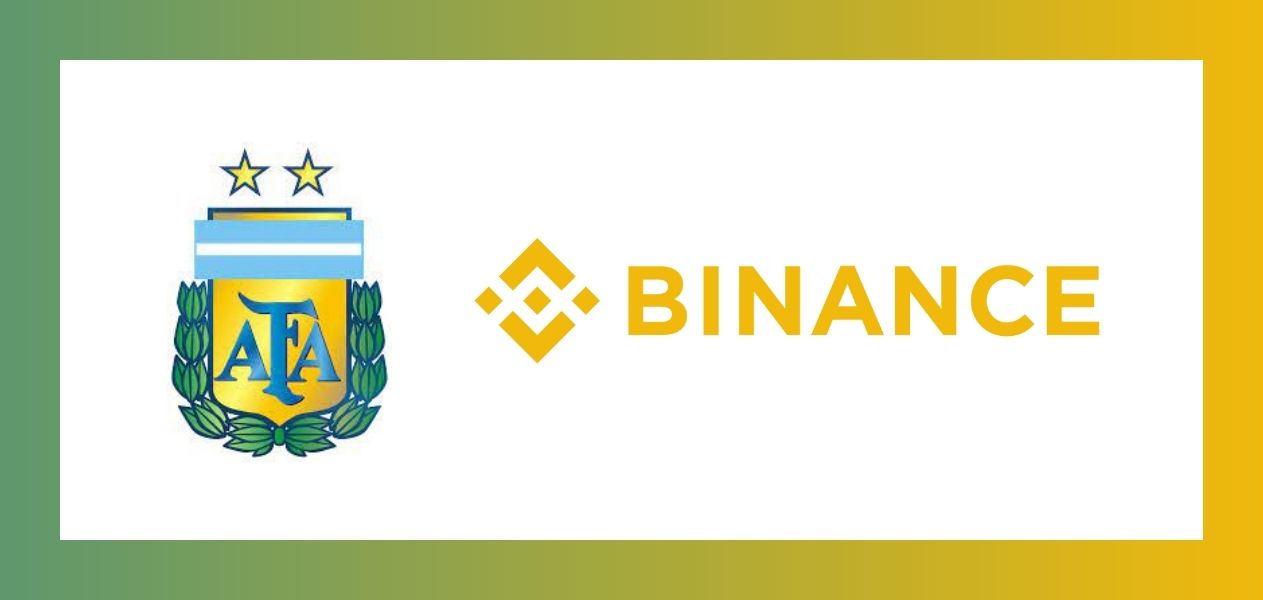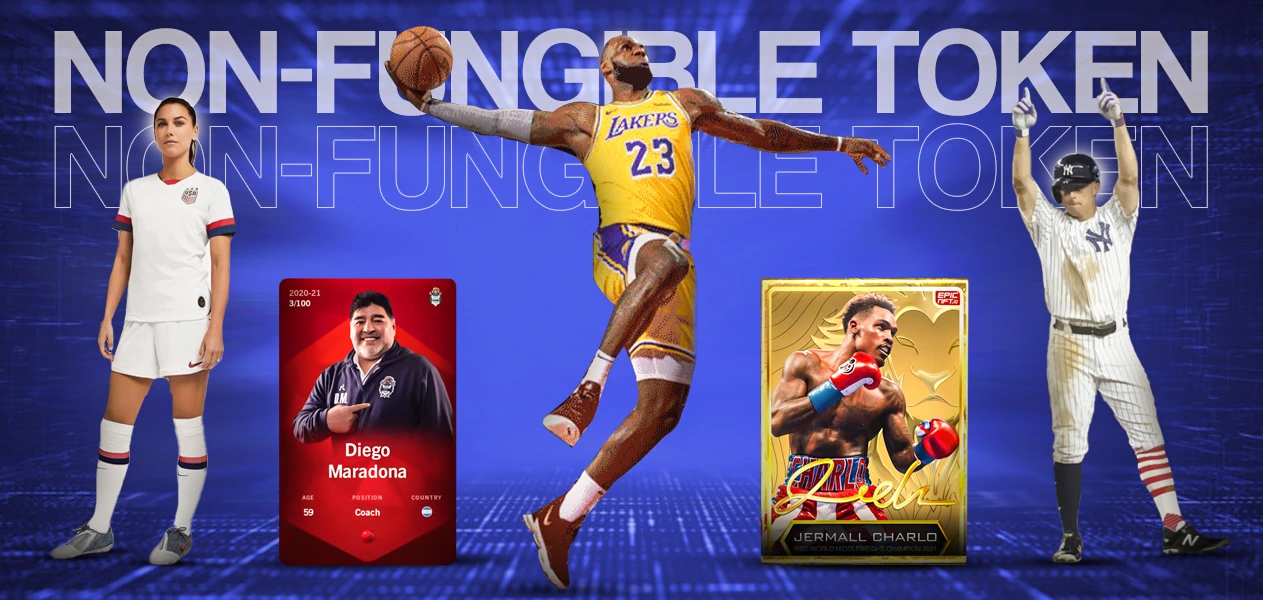Flush with a bucket load of cash from the last 18 months’ bull run, crypto companies are making headlines after throwing hundreds of millions of dollars in sports sponsorship deals. Moreover, the sporting industry has realised the potential that cryptocurrencies and blockchain technology have to further monetise fan engagement, attract sponsors and engage a global market in ways that were unheard of only a decade ago.
In today’s day and age, each fan—a citizen of digital technology—consumes sports and related content beyond the actual duration of a game thanks to social media. Thus, teams, individuals and sporting bodies are coming up with innovative ideas to survive in this new digital age and meet the fans’ expectations.
However, for digital currencies to continue this upward trajectory, they need to expand the investor base. By expanding, I mean less sophisticated investors willing to up the prices of Bitcoin, Ethereum and any other cryptocurrency that is the flavour of the day.
Thus, because of the restrictions brought upon by the COVID-19 pandemic, the sports industry has had to devise new strategies to ensure the clubs/teams and their fans remain connected in a socially distanced world, with the industry recognising cryptocurrency’s capabilities of revolutionising revenue streams and enhancing fan experience through targeted sponsorship deals, fan tokens, non-fungible tokens (NFTs) and many more.
Partnerships and Sponsorships
A strong association between crypto companies and sporting organisations has been taking shape for the past couple of years. Hence, sponsorship/partnership deals have led to increased awareness regarding cryptocurrencies amongst viewers and investors alike.
The list below provides some notable examples of sports teams/clubs expanding their advertising budgets to partner with new and upcoming crypto-exchange companies:
- US-based crypto payment company Bitpay signed a three-year deal with ESPN Events in June 2014 to create an event based around Bitcoin called the Bitcoin St. Petersburg Bowl or the “Bitcoin Bowl”, which would become a part of the NCAA post-season college football bowl schedule over the length of the partnership.
- 2018 saw crypto firms dipping their toes in the European football market. In August that year, eToro signed sponsorship deals with seven at-the-time Premier League clubs — Tottenham Hotspur, Brighton & Hove Albion, Cardiff City, Crystal Palace, Leicester City, Southampton and Newcastle United — with the deals set to be paid entirely in Bitcoin, while CashBet roped in Arsenal FC. More importantly, it was the first of what would later become a dominant theme in crypto sponsorships: gambling.
- In March 2021, the Aston Martin Cognizant Formula One team became the first F1 team to partner with a cryptocurrency firm when they agreed on a sponsorship deal with Crypto.com. Three months down the line, in June 2021, it was announced that Formula One itself would be partnering with Crypto.com, with the deal reportedly worth around US$100 million that would give Crypto.com top-bill branding slots from the 2021 British Grand Prix, while the deal also gave the platform trackside billboard real estate for the remaining rounds of the 2021 World Championship.
Also Read – 10 Biggest Crypto Deals in Sports
Use of Cryptocurrency
Apart from sponsorship deals and partnerships with prominent sports teams, Bitcoin and other cryptocurrencies are also being incorporated and accepted as a method of payment. In recent years, we have seen how cryptocurrencies are being used to sell match tickets and merchandise to clubs/teams, even paying the players’ salaries and transfer fees.
Below, I have given a few examples of such instances where cryptocurrencies have been used in sports as a mode of payment, be it a transfer fee or a player’s salary:
- In 2018, Harunustaspor, a Turkish football club, became the world’s first football team to buy a player using cryptocurrency. The player, Ömer Faruk K?ro?lu, received 0.0524 in Bitcoin and ?2,500 as part of the deal with Harunustaspor.
- Wirex and Epayments, two international payment services, offered fans the option to purchase tickets for the 2018 FIFA Men’s World Cup in Bitcoin, Litecoin and Ethereum.
- In that same summer, Gibraltar United Football Club closed a partnership deal with cryptocurrency platform Quantocoin. The initiative followed new regulations established at the time by the government of Gibraltar, allowing businesses to engage in Initial Coin Offerings (ICOs).
- More recently, in 2020, TIXnGO partnered with Lancashire Cricket to provide a new blockchain mobile ticketing platform. Working with SecuTix, a ticketing service provider, the deal activated secure mobile ticketing for all domestic and international matches at Emirates Old Trafford for 2020.
- In June 2021, NASCAR driver Landon Cassill signed a sponsorship deal with Voyager Digital, a publicly-traded brokerage, with his salary set to be paid entirely in cryptocurrency. The 19-race deal is to be fully paid in a portfolio of cryptocurrency led by Litecoin (LTC) and Voyager token (VGX).
Fan Tokens
From the standpoint of various sports teams and cryptocurrency firms, one of the most exciting and enticing innovations in recent memory has to be fan tokens.
A “fan token” is a fully fungible digital entity that gives fans access and influence over certain decisions made by their favourite sports team/personality.
These tokens provide their owner(s) the right to vote on club matters such as kit designs, training ground names or picking charity initiatives. It is similar to a membership card that provides fans with exclusive rewards, including special VIP access and treatment to a variety of events.
However, this can be distinguished from other initiatives such as “United Managers”, which attempted to give fans the opportunity to vote on a team’s tactics in games but was shut down by the French Football Federation (FFF) in 2019. Any arrangement that gives fans or other third parties direct influence over clubs’ operations, policies or performances would be contrary to FIFA’s (and other domestic associations’) third-party ownership (TPO) regulations.
For instance, in 2018, cryptocurrency platform Socios.com signed a multi-year deal with Juventus football club to create official Juventus fan tokens. The Italian team were the first club in the world to launch a fan token, and their supporters have been using them to participate in mobile voting and express their opinions regarding certain matters.
Since then, other clubs, too, have tied up partnership deals with Socios.com, with clubs like Paris Saint-Germain, FC Barcelona, AC Milan, Atlético Madrid, BSC Young Boys, and Manchester City having come on board. According to many reports, Chiliz’s $CHZ currency is among the top 35 cryptocurrencies in the world, with a market cap of US$3.3 billion.
Also Read – WHAT ARE FAN TOKENS AND HOW DO THEY WORK?
NFTs and sports-collectibles
Non-fungible token (NFT) is the latest crypto spin-off gaining momentum in the world. NFTs represent a wide array of tangible and intangible items stored in digital wallets, from collectible sports cards to virtual real estate and even a part of your body. An NFT is not interchangeable since each NFT represents a unique digital item.
NFTs also contain distinguishing information that is unique and easily verifiable on the blockchain network – each accruing value as each specific NFT cannot be replicated. Some of the examples include:
- NBA’s Top Shot, which provides a collection of NBA-licensed digital items, is a blockchain-based card trading system. The service allows users to buy and sell short clips showing match highlights from top basketball players, where each user is the owner of a unique highlight reel as each reel has its specific unique number.
- 20-year-old Croatian tennis player Oleksandra Oliynykova sold a part of her right arm for more than US$5000 as exclusive lifetime ownership on the popular NFT marketplace OpenSea in March 2021.
- Cricket Foundation, a first-of-its-kind platform founded by former Indian wicketkeeper-batter Parthiv Patel and Zebi founder Pruthvi Rao, gives fans the opportunity to acquire ownership of exclusive digital cricket memorabilia and collectibles through io, the world’s first cricket-exclusive NFT marketplace.
Conclusion
Despite the growth and the rise in popularity of digital currency, sporting clubs and athletes must remain conscious of the risks in play with this still-emerging market. The valuation of these cryptocurrencies continues to be volatile, and despite the sudden surge in interest, the legal and regulatory landscape remains uncertain.
Moreover, with the lack of stability in this market, these athletes and sports teams need to have a contingency plan in place to save money in case the valuations of these currencies drop dramatically. However, the rise and potential of cryptocurrency cannot simply be ignored, as it has provided the sports industry with a never-before-seen revenue injection.






Leave a Reply